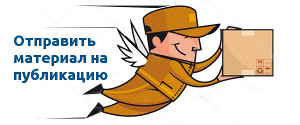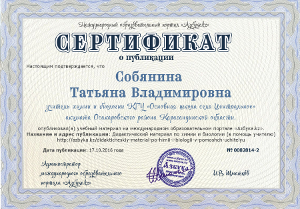Тема: Education. Communication Workshops
|
Есильбаева Алима Картаевна учитель английского языка |
Цель урока: развитие навыков устной речи.
Задачи урока:
Практиковать обучающихся:
● в умении вести беседу по заданной теме
● в умении вести дискуссию, отстаивая свою точку зрения
● активизировать употребление лексики.
Ход урока:
I. The beginning of the lesson. The aim of the lesson
The theme of our lesson is «Education. Communication Workshops». We’ll revise everything we know about the education in Great Britain and Kazakhstan. We’ll discuss the advantages and disadvantages of studying abroad, listen to a phone call requesting information. Then we’ll do some exercises. And the main thing is we have a discussion on your presentations.
II. The discussion of the statement
Before beginning our lesson I want you to pay attention to this statement: «Education is what remains when we have forgotten all we have been taught» by Lord Halifax. Explain it, please!
What do you think you will ‘forget’ when you leave school?
What will remain with you when you leave school?
What sort of person would you call an ‘educated person?
III. Vocabulary Practice
Find the definitions of the following words and expressions: (the pupils are given cards)
| 1) education 2) core subjects 3) primary education 4) compulsory 5) private school 6) secondary education 7) curriculum 8) assessment 9) boarding school 10) timetable |
a. all the subjects taught at a school b. the activity of assessing smb. or smth. c. a list of dates and times when lessons will happen d. the teaching or training of people e. a school where children live and go to lessons f. important subjects that all students must study g. connected with the education of children 5-11 h. connected with the education of children 11-18 i. that must be done because of a law or rule j. a school that is not paid for by the government |
Keys:
IV. Speech Training
1. Answer the questions (on the cards):
a) When do children start going to school in Great Britain (Kazakhstan)?
b) What stages is British (Kazakhstan) education divided into?
c) What types are state schools divided into?
d) What can you say about private schools?
e) How many years of study are compulsory in our country?
f) What do many young people do after leaving school?
Then the pupils show the
2. Comparing Cultures:
What are the similarities and differences between two educational systems?


3. Discussion. Look at the photo. There are some students from other countries studying abroad. Would you like to study abroad? Why? Why not? What are the advantages and disadvantages of studying abroad?
IV. Projects
The pupils who went abroad to improve English in summer speak about their experience.

V. Home task: Vocabulary and Grammar Revision
VI. Self-Assessment
The pupils assess themselves with this card:
|
|
poor |
average |
good |
excellent |
|
- I have learnt the meanings of Key Words and can use them in my speech |
|
|
|
|
|
- I can understand any information about Education |
|
|
|
|
|
- I can discuss some questions about educational systems of Kazakhstan and Great Britain |
|
|
|
|
|
- I can talk about my Future |
|
|
|
|
|
- I can use Grammar Structures |
|
|
|
|
|
- Now I'm a good speaker
|
|
|
|
|
VII. Conclusion. The results of the lesson
The lesson is over.
- 14292 просмотра


.webp)






.webp)
